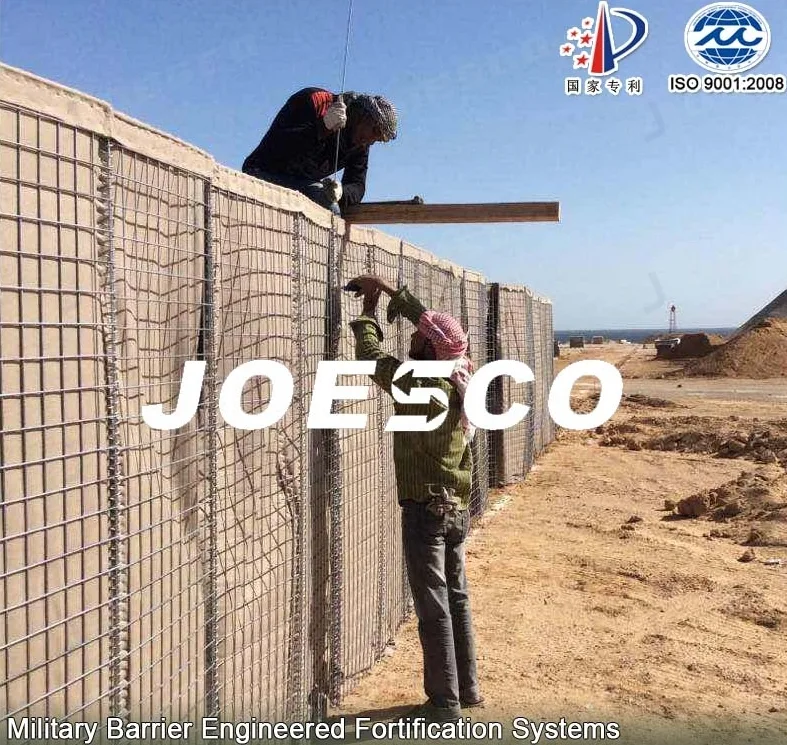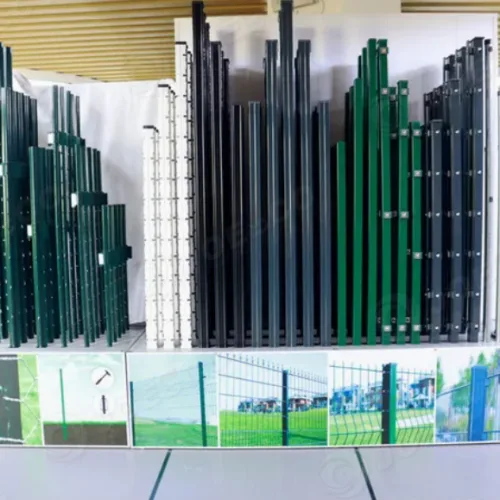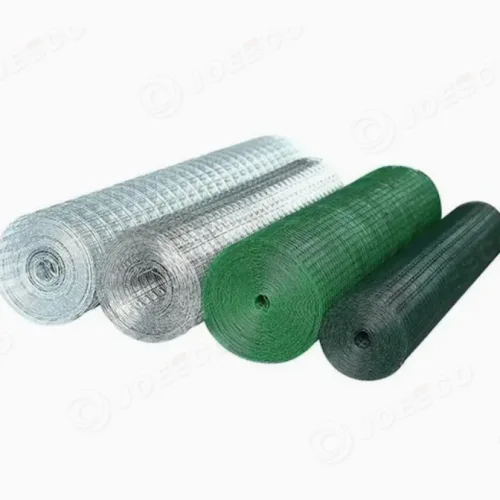On the physical training ground, whether it’s for military training, law enforcement training, or certain specialized civilian training facilities, Hesco barriers are truly vital.
Hesco barriers, also known as gabion systems, feature a modular structure with remarkable adaptability. Generally, they are composed of wire mesh containers that can be filled with diverse materials like soil, sand, gravel, and sometimes even concrete. Despite their seemingly simple design, this setup endows them with outstanding strength and durability.

One of the most significant advantages of Hesco barriers on the physical training ground is their versatility. They are incredibly easy to assemble and reconfigure, enabling the creation of a wide variety of training scenarios. For instance, trainers can make use of Hesco barriers to build mock fortifications, defensive positions, or obstacle courses. These barriers can be lined up in a straight row to imitate a perimeter fence, or arranged in more complex designs to copy the layout of a battlefield stronghold. This way, trainees can practice attacking, defending, and moving around in a realistic and lively environment.
Moreover, Hesco barriers provide excellent protection. During training exercises with live ammunition or high – intensity simulations, they can effectively stop stray projectiles or debris, keeping trainees and instructors safe. Their sturdy build and the power to soak up and spread out energy make them a dependable safeguard. This protective role not only guarantees the safety of the people involved but also lets them fully focus on training activities without worrying too much about possible dangers.
In addition to their functional parts, Hesco barriers are quite handy for installation and transportation. They can be put together quickly right on the spot, saving a lot of time and effort. When the training ground needs to be moved to a new place or changed, these barriers can be taken apart and moved without much trouble. In a training environment that’s always changing and needs to fit different terrains and situations, this flexibility is really important.
From a cost point of view, Hesco barriers are a good deal. Compared to building permanent concrete or steel structures, the modular way Hesco barriers are made cuts down on material and labor costs. Also, they don’t need much upkeep over time, which saves even more money.
In conclusion, Hesco barriers on the physical training ground are way more than just regular structures. They are tools that can do many things and make physical training more real, safer, more flexible, and more cost – effective. Whether it’s for sharpening the combat skills of military people, getting law enforcement officers better at tactics, or giving civilian security teams a challenging and safe place to train, Hesco barriers have shown again and again that they’re worth it and will keep being an important part of physical training grounds.





